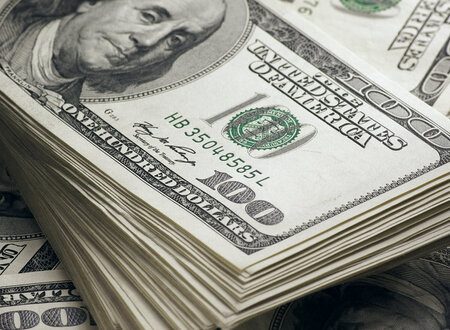The Central Bank of Nigeria (CBN) took the toughest decision on July 27, 2021, stopping the sales of dollars to Bureaux De Change (BDCs) operators in the country. It cited the activities of the BDCs in the forex market as counter-productive to Nigeria’s economy.
The action has raised a lot of dust because it will spark some economic implications on average Nigerians and the economy. We analyzed five of such effects on businesses in one of our articles, which can be found at: https://infomediang.com/implications-cbn-stops-forex-sales-to-bdc-operators
Governor of the apex bank Godwin Emefiele pointed accusing fingers at the BDC operators for turning away from their sole objectives.
But in a circular on Wednesday, July 28, 2021, CBN director of banking supervision, Haruna Mustapha, while assuring Nigerians that the apex bank is in control, said measures have been put in place to monitor how Nigerian banks sell dollars (forex) to those who genuinely need them:
The summary of the regulatory mechanisms put in place by CBN to ensure that banks do not hoard dollars is summarized here.
They are:
1) Mandated commercial institutions also known as Deposit Money Banks (DMBs) to set up teller points to meet legitimate foreign exchange (FX) demands
2) The apex will continue to channel weekly forex allocations of dollars, which were once supplied to the BDC, to commercial banks to meet legitimate demands.
Legitimate demands include:
- Personal Travel Allowance, (PTA),
- Business Travel Allowance (BTA),
- Tuition fees,
- Medical payments,
- SMEs transactions etc
3) Banks will now be required to make public the location of their designated branches where legitimate users can make purchases.
4) CBN has also mandated DMBs to make necessary arrangements to sell FX to customers in cash and/or electronically in compliance with extant regulations.
5) That no customer who genuinely presented evidence of legitimate use of FX and has requirements is turned back or refused FX.
6) It directed commercial banks to create mobile applications and alert systems to update customers of their foreign exchange movement.
7) Monitoring mechanisms have now been activated by the Emefiele-led CBN to ensure that banks that appropriate sanctions are imposed on any erring banks.
Haruna in a statement said:
“Equally, undue delays, rationing and/or diversion of FX is strongly discouraged whilst DMBs are required to establish electronic application and alert systems to update customers on the status of their FX requests,”
8) Establishment of a toll-free line for bank customers who genuinely need fx to report any erring bank or to escalate unresolved complaints related to their forex requests.
Sharp reaction on the forex market
At the time of publication on July 29, 2021, the Nigerian currency weakened to N525 per dollar at the parallel market while it traded at N411.60/$1 at the importer & exporter (I&E) window.

